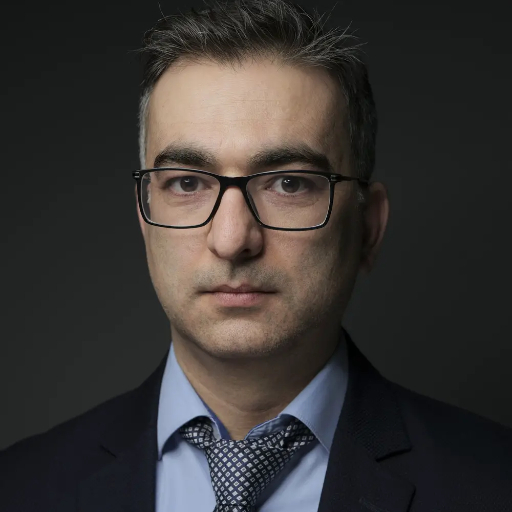AI technology can deliver more IVF babies

Using AI technology, researchers at Malmö University believe they can find a link between variations in environmental conditions in the laboratory and what happens in the sample during IVF treatment.
The number of successful pregnancies through IVF treatment currently stands at 30 to 50 per cent globally. By analysing the environmental conditions in the clinics' laboratories using AI, researchers at Malmö University believe they can improve the chances of a successful outcome.
There are many factors that can influence a successful IVF treatment. Not only the biological and medical conditions, but also factors in the actual lab environment, so-called external factors. These can include temperature, air pressure, humidity, microparticles.
While global IVF outcomes have improved in recent decades, they are still not satisfactory enough.
Reza Khoshkangini
“Ideally, the laboratory should be completely closed, but as the sample will need to be taken in and out of the incubator during the treatment, this is not practical. The fertilisation and embryo development in the laboratory lasts for a full six days; however, the whole IVF cycle lasts around 6-8 weeks), so a lot can affect the outcome during that time,” says researcher Reza Khoshkangini, who is leading the project.
The project is a collaboration with, among others, the company OpenLogger, which has developed advanced sensors for data collection. These measuring instruments are installed at the reproduction centre, continuously monitoring environmental factors at ten-minute intervals. In addition, high-resolution images captured during embryo development provide valuable data for AI-driven analysis, enhancing the potential for improved IVF success rates.
“What we hope AI can do is find a link, a repeating pattern, between variations in environmental conditions and what happens in the sample. If we can understand the effect of the lab environment in a negative way, we can adjust and optimise the labs accordingly,” says Khoshkangini, who continues:
“Through AI, and in this case through machine learning, we can use the data collected to predict a future outcome; simply put, which circumstances will produce a qualitative outcome.”
In addition to the clinic in Malmö, Khoshkangini and his research team hope to initiate collaborations with clinics outside Europe to see how much the local climate and environment affect the outcome.
According to Khoshkangin, not having a baby affects not only the parents, but society. Improving IVF outcomes offers a significant opportunity to address critical global issues related to fertility, family planning, mental health, and socio-economic equality.
“Advances in IVF technology have the potential to significantly improve the quality of life for people all over the world. While global IVF outcomes have improved in recent decades, they are still not satisfactory enough. That's where I hope we can make a difference,” adds Khoshkangini.

